Natural rosacea treatment: holistic remedies that'll calm inflammation
Help manage your symptoms with these simple tips
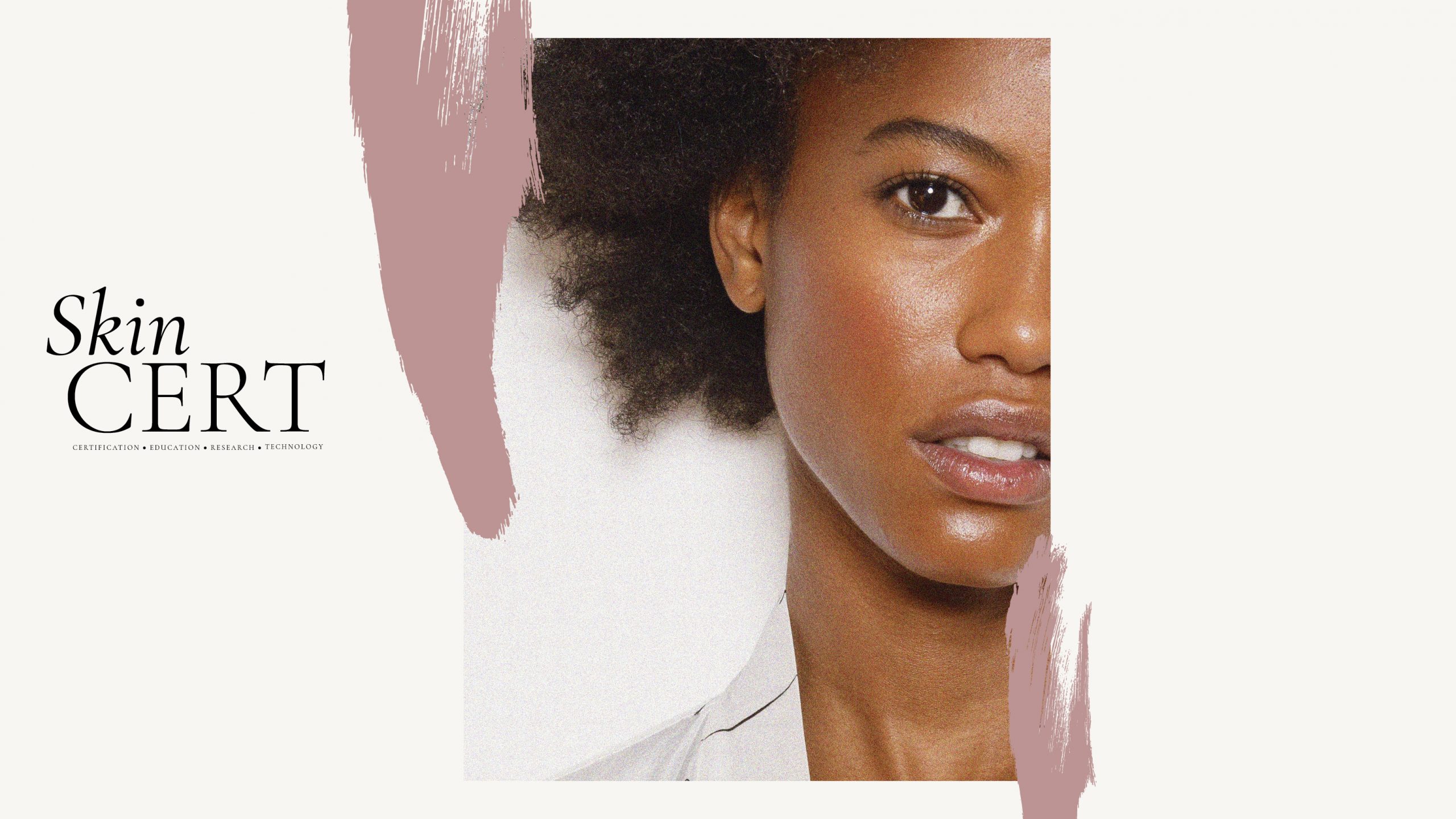
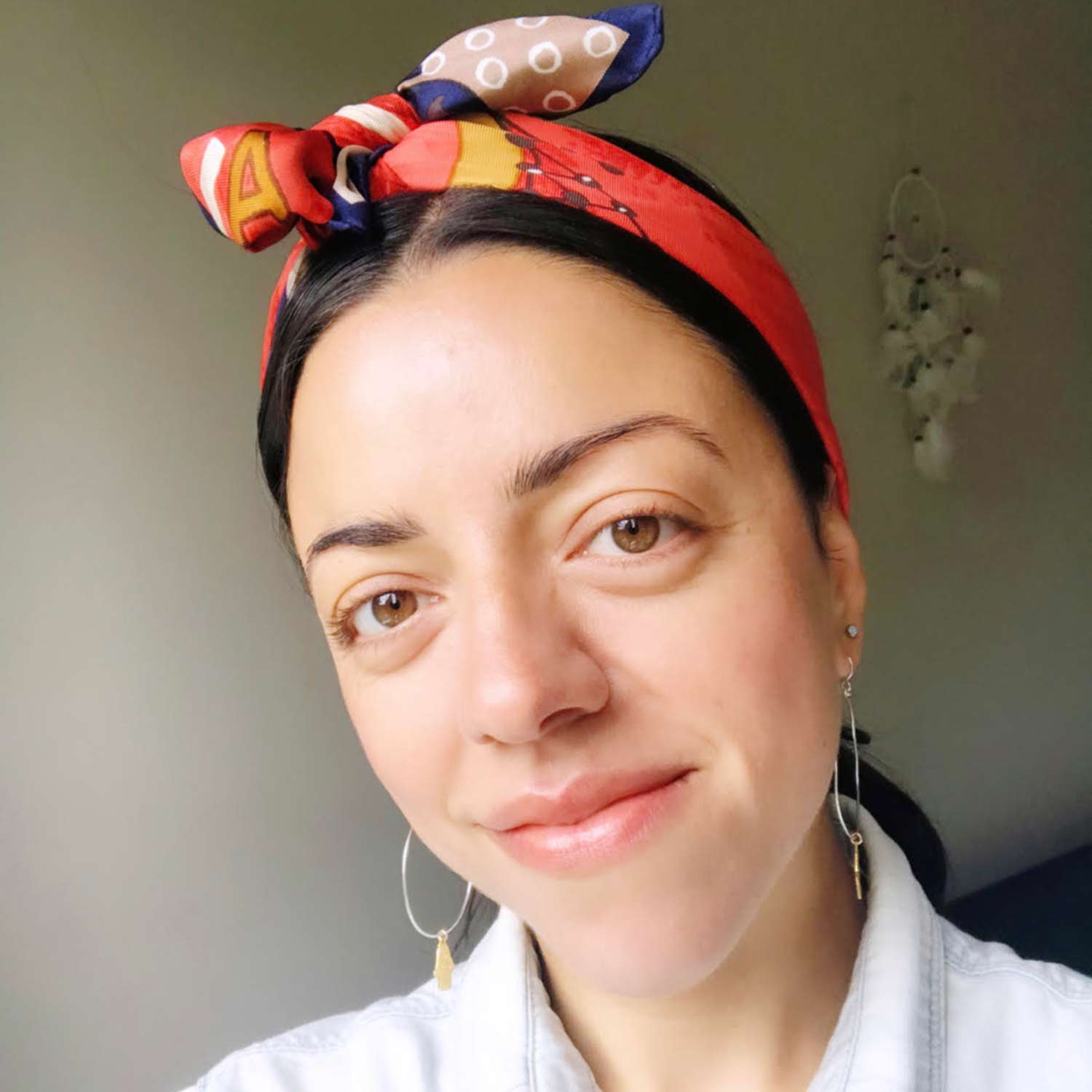
Help manage your symptoms with these simple tips
Perfecting your rosacea treatment can be tricky. You might know about the best makeup for rosacea and the topical treatments that work for you, but have you ever thought about the link between your gut, hormones and skin? Here's where natural rosacea treatment comes in.
Lots of people don't know that there are lots of small changes you can make to reduce your skin's redness. By thinking holistically, you can work with your body to improve rosacea symptoms.
Before we take a deep dive into natural remedies for the condition, it's good to know exactly what it is...
What is rosacea?
'Rosacea is an inflammatory skin condition which primarily affects the face. It is characterised by redness, flushing, spider veins and swelling and a 2009 study found that 58% of people’s rosacea got worse with stress,' says Nutritional Therapy & Functional Medicine practitioner, Farzanah Nasser.
Stress is one of the triggers for rosacea, along with other things including alcohol and spicy food. It can be hard to pin down exactly what causes rosacea because, like with lots of chronic or autoimmune conditions, everyone's flare-ups are caused by different things.
How is rosacea treated?
Mainstream solutions for rosacea include oral antibiotics such as doxycycline and topical antibiotics including metronidazole. These are used alongside targeted skincare ranges which often contain azelaic acid to reduce redness and inflammation. Because of the strength and dosage specifics, these are typically prescribed by a dermatologist after a consultation and are only meant to be taken for a short time. But as Nasser is quick to point out, 'those who have rosacea will often have it for different reasons and so it’s very important to have a personalised approach and understand each person’s individuals triggers.'
Marie Claire Newsletter
Celebrity news, beauty, fashion advice, and fascinating features, delivered straight to your inbox!
What are the causes and triggers of rosacea?
'The skin is the full stop at the end of the sentence. We have to read the sentence to understand what it’s saying,' says holistic skin expert, Marie Reynolds. Though classified as a long-term to chronic condition by many medical professionals, recent studies are highlighting the links between rosacea and autoimmune conditions. There is also evidence that it is liked to the all-important gut microbiome. It’s not as simple as a long list of triggers to avoid – rosacea is a condition caused by myriad factors, which can only be fully understood and brought into balance when approached and viewed as a whole. That's why natural rosacea treatment must be thought of as a whole-body, holistic approach to health.
Rosacea, inflammation and toxicity
'People want a quick fix but skin conditions can’t be pigeonholed. Everything has to be taken into consideration from how you chew to how you poo. Because we’re dealing with inflammation on the outside – in the form of rosacea – we must assume that there’s inflammation on the inside too. And that’s where natural rosacea treatment starts,' says Marie, whose consultation time alone can be over an hour.
'From how you’re sleeping and the number of electronics you’re using, to your levels of emotional stress, your menstrual cycle, your diet and your oral hygiene. All of these things are looked at to build a clear picture of the internal terrain' says Reynolds.
'For some people, toxicity levels are already high. They’re smoking, not sleeping, eating on the hoof – and so if this builds up or the body’s excretory channels aren’t as clear or working as efficiently as they should. That’s when we start to see what’s going on inside the body showing up on the outside, i.e. in the skin,' she concludes.
Rosacea natural treatment and the gut-skin axis
'An autoimmune condition is an imbalance in the immune system and up to 80% of the immune system resides in the gut,' says Nasser. 'A recent review highlighted how some problematic bacteria in the gut may be responsible for rosacea. It noted four key things: that the most common gut infection 'helicobacter pylori' can be responsible for gastrin-induced flushing; that those who suffer with rosacea are 13 times more likely to have small intestinal bacteria overgrowth (SIBO); that people with irritable bowel disease (IBD) are three times more likely to struggle with rosacea and that Staphylococcus epidermidis bacteria could also make symptoms of rosacea worse.'
'By working on the gut you can help support not only rosacea but also help to rebalance the immune system and reduce the risk of autoimmune conditions,' says Nasser. 'And one of the best ways to improve the gut-skin axis is through aiming to eat around 30 different varieties of plant foods each week. Plant foods help feed the good microbes in your gut which naturally helps crowd out problematic bacteria that could be driving the rosacea. Plant foods include fruit, vegetables, nuts, seeds, herbs, herbal teas, beans, legumes and grains,' says Nasser.
Supporting the body’s natural excretory functions is crucial to managing the condition too. Alongside drinking between two to three litres of filtered water daily, sweating regularly and having a daily healthy bowel movement, it’s also important to look at spleen, liver and kidney function – all big players in our blood cleansing and excretory channels.
Rosacea and hormones – is there a link?
'Rosacea is most common in peri- and menopausal women and people often assume it’s to do with a hormonal imbalance, but actually that’s a misconception,' says Reynolds. 'It’s really about how the hormones are being synthesised and metabolised by the liver – not about the hormones themselves. And in peri- and menopausal women, liver function is crucial.'
'Whenever I look at the skin, I’m also looking at the liver, the kidneys, the spleen, the gut, the tongue. I’ll give you one example: our kidneys filter 200 litres of our blood every single day. They need the body to be hydrated to do this properly, and if the body isn’t well hydrated, they’ll take water from the bowel and the liver, essentially recirculating toxicity,' says Reynolds. 'That’s often why conditions that come with a burning, stinging or itching sensation link to the kidneys or liver – if these organs are working extra hard they’re generating a lot of heat, and that can show up in these ‘hot’, red, inflamed conditions, such as rosacea. We have to support the liver, kidneys and other vital excretory channels if we want our skin to be clear and healthy.'
Natural rosacea treatment - things you can do
Marie Reynolds created her ‘Opening Channels Programme’ in response to the stark rise in autoimmune and inflammatory skin conditions she’s seen. The programme works to promote healthy excretion and elimination, while also rehydrating the system, gently clearing the colon, supporting the liver, kidneys and immune system, and repopulating the GI tract. Clients are also advised to cut out all sugar, dairy, gluten, alcohol and meat during this time. Taken for between 8 to 12 weeks, the eight complementary products take a 360 approach to the ‘root cause’ of inflammation – working from the foundations upward.
Reynolds uses the analogy of a healthy harvest when using her internal-external approach. 'Nothing works in isolation, and just like an organic farmer, I have to start by clearing, naturally fertilising and then sowing that field. I do the exact same thing with the body – we want to weed out the things we don’t want – that are compromising our ‘soil’ quality – and then we want to repopulate the gut and inner terrain with amazing healthy bacteria and enzymes and nutrients,' she says. From seed to field – our gut-skin axis is no different. And with rosacea and other inflammatory skin conditions, it’s definitely an inside job.
Dr Farzanah Nasser's natural rosacea treatment checklist:
- Include anti-inflammatory foods in your diet such as turmeric, ginger, blueberries, green tea, oily fish and rosemary.
- Have your Vitamin D levels checked. Vitamin D helps modulate the immune system and supports gut/ skin health. Remember that between November and March the sun is not at the right wavelength to absorb vitamin D, which is why the NHS recommends supplementing with 10mcg of vitamin D during these months.
- Include foods that help your liver, such as beetroot, artichokes, fennel, cruciferous vegetables and olives.
- It is not possible to avoid stress completely but practices like breath-work, yoga and meditation can be helpful in supporting the stress response. Stress reduces stomach acid which impairs digestion and allows for an imbalanced microbiome.
April is Rosacea Awareness Month in the UK. Emine Rushton is the author of Natural Wellness Every Day: The Weleda Way (Vermilion). She’s a holistic therapist and writes about self-care & wellness at instagram.com/eminekalirushton and eminekalirushton.com
Looking for some natural rosacea treatment to take everyday? Here's some supplements:
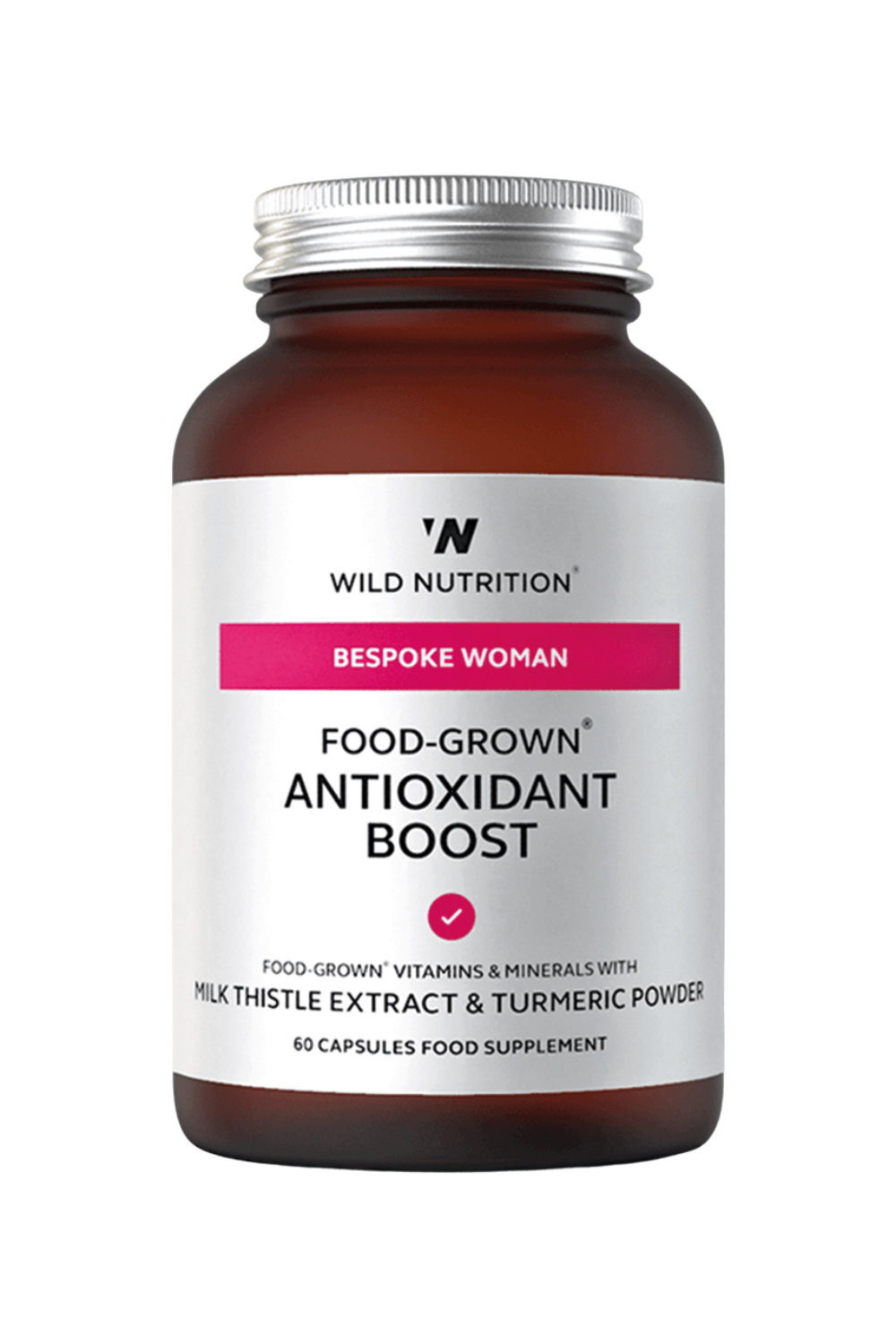
Looking for a supplement that soothes your skin, ups your immunity and rids your body of all those antioxidants? This simple 4-in-1 Is for you. Combining vitamin C, zinc, pine bark and turmeric the product is also designed to help recovery after exercise.
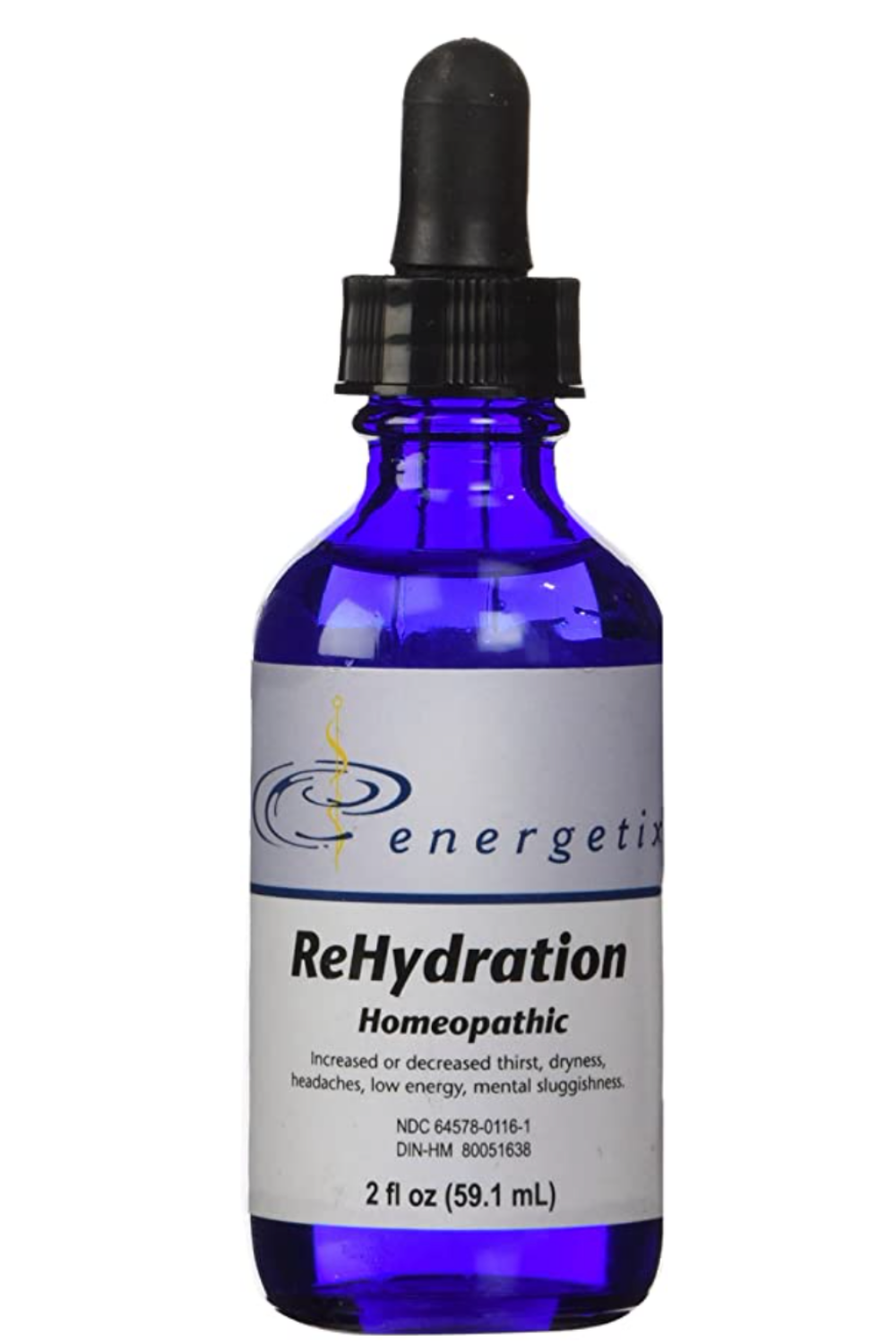
This homeopathic formula works to rebalance your fluids in 15 drops. Simply dilute the product in a litre of water to balance thirst, bloating and sluggishness. This multitasker supports the body to efficiently absorb water which helps to reduce skin irritation caused by rosacea.
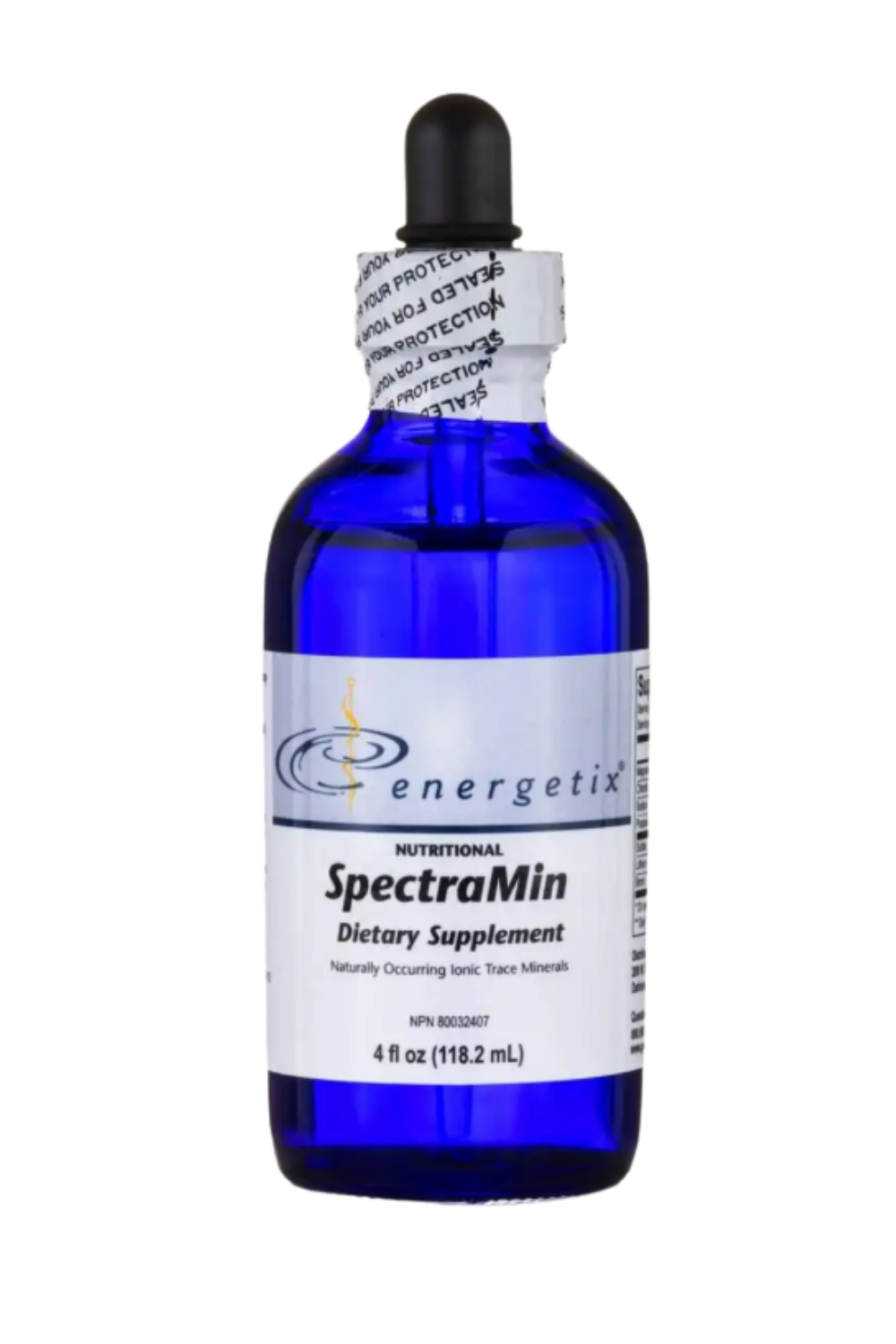
Maintaining a healthy mineral and electrolyte balance in the body is key for keeping skin happy. Minerals boost the number of enzymes in the body which people with rosacea can be deficient in. Fun fact: this product is naturally sources from the Great Salt Lake in Utah.
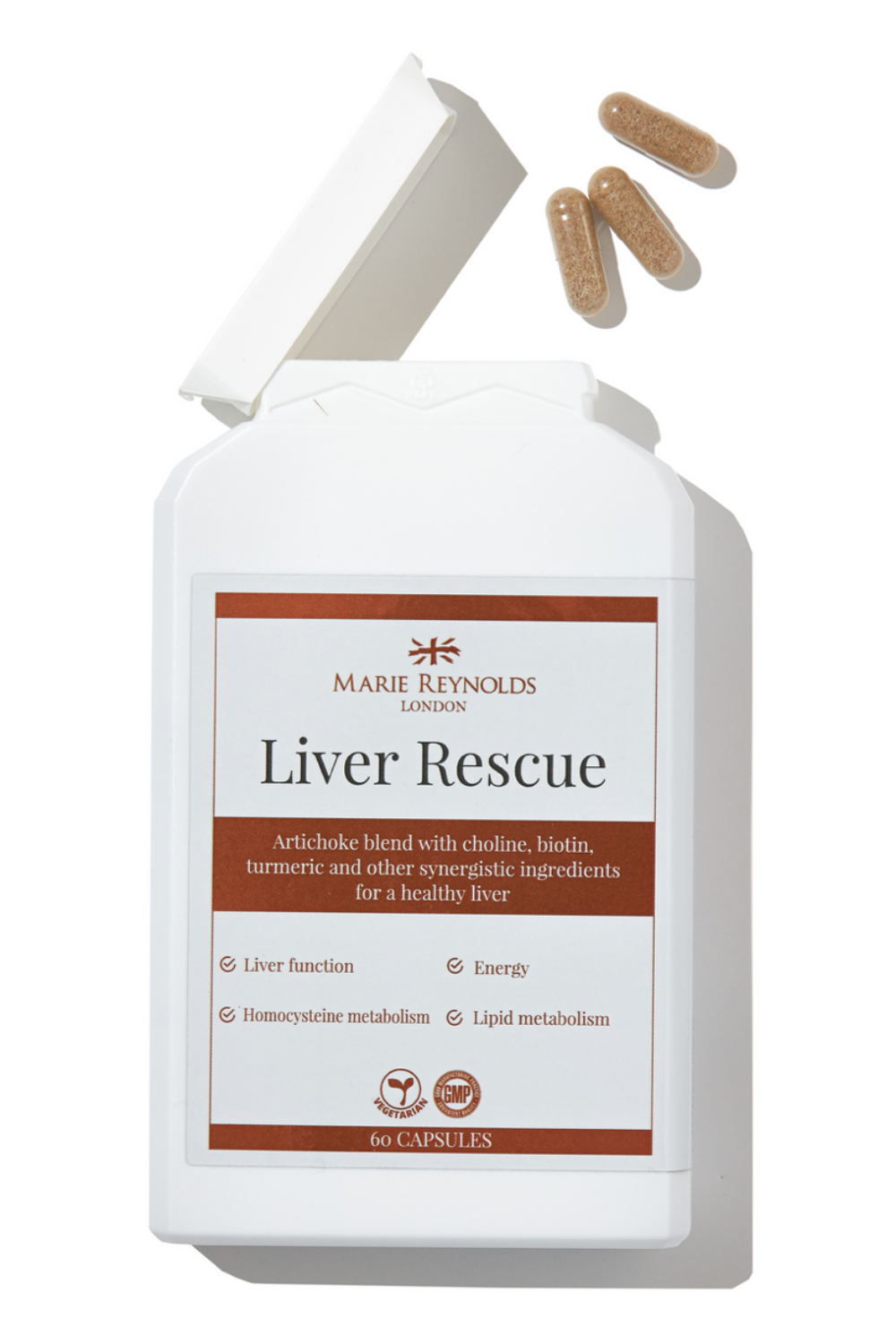
Rosacea is as much about internal inflammation as it is about your external symptoms. The skin is directly linked to liver functionality, which is why it is so important to make sure it's healthy. These supplements are made of herbal extracts and vitamins that help flush your liver and detoxify your organs.
-
 Here's a rundown of The White Lotus cast members who have dated in real life
Here's a rundown of The White Lotus cast members who have dated in real lifeBy Jenny Proudfoot
-
 All the coolest brides are wearing drop-waist wedding dresses this year
All the coolest brides are wearing drop-waist wedding dresses this yearWedding Special Minimalist, nostalgic, and universally flattering
By Clementina Jackson
-
 Anya Hindmarch has just launched a fantastical diving shop in central London
Anya Hindmarch has just launched a fantastical diving shop in central LondonFor those who would rather be beside the seaside...
By Sofia Piza
-
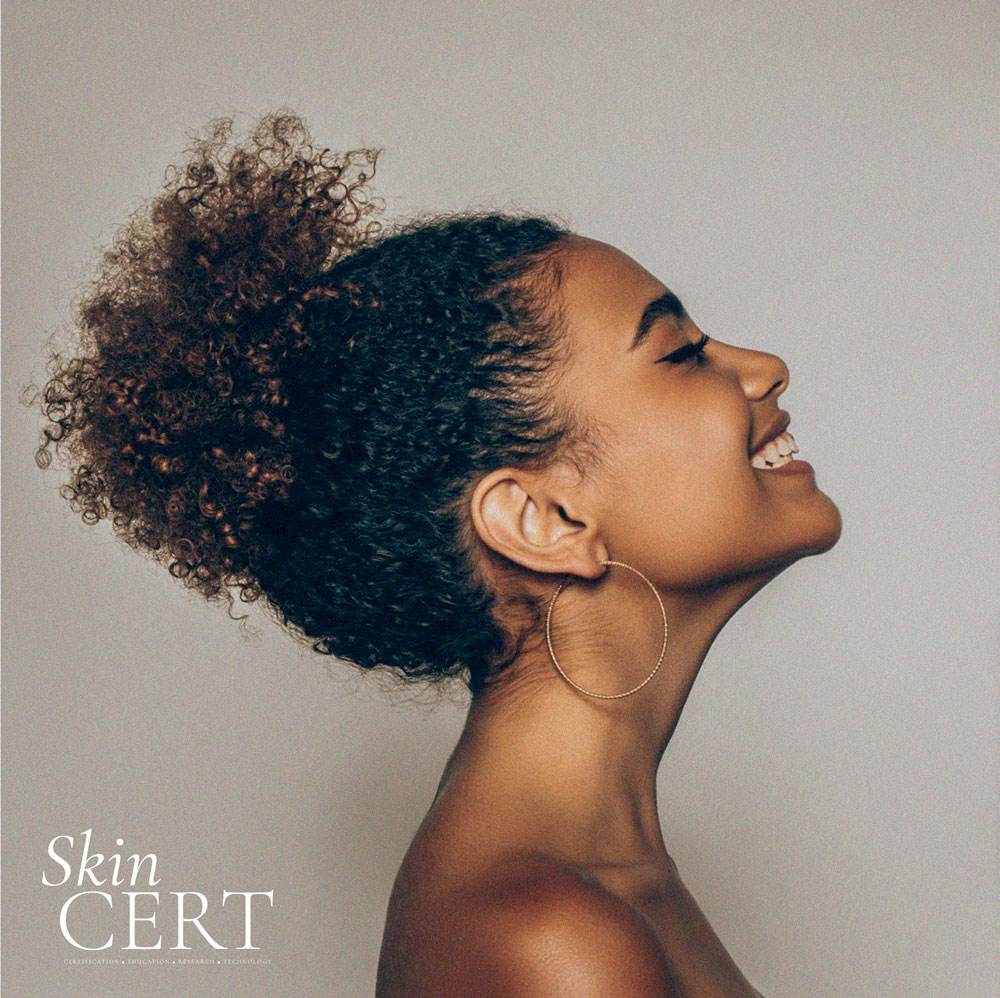 Silicones in skincare have become demonised, but experts say the benefits shouldn't be overlooked
Silicones in skincare have become demonised, but experts say the benefits shouldn't be overlookedThere are pros and cons to everything
By Shannon Lawlor
-
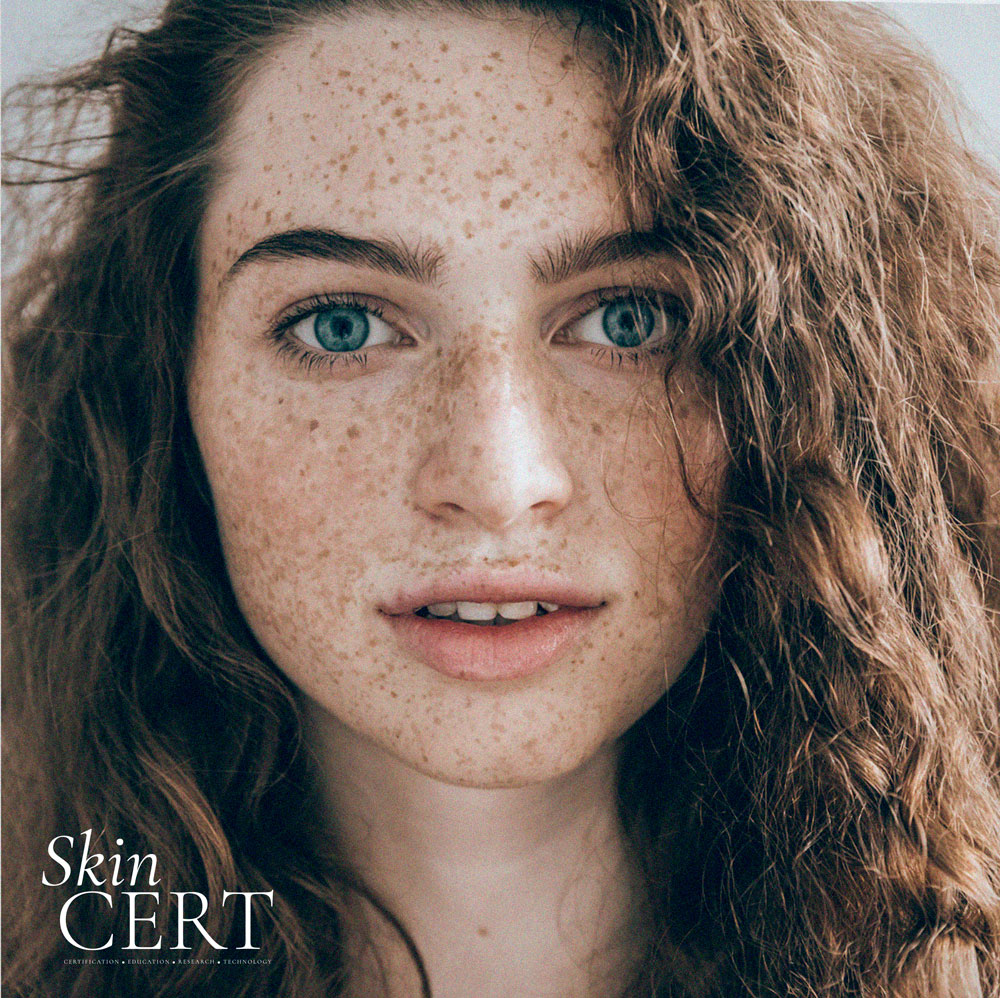 Assumed SPF in foundation was sufficient protection? You'd better think again—here's why
Assumed SPF in foundation was sufficient protection? You'd better think again—here's whyTime to bust some beauty myths
By Grace Lindsay
-
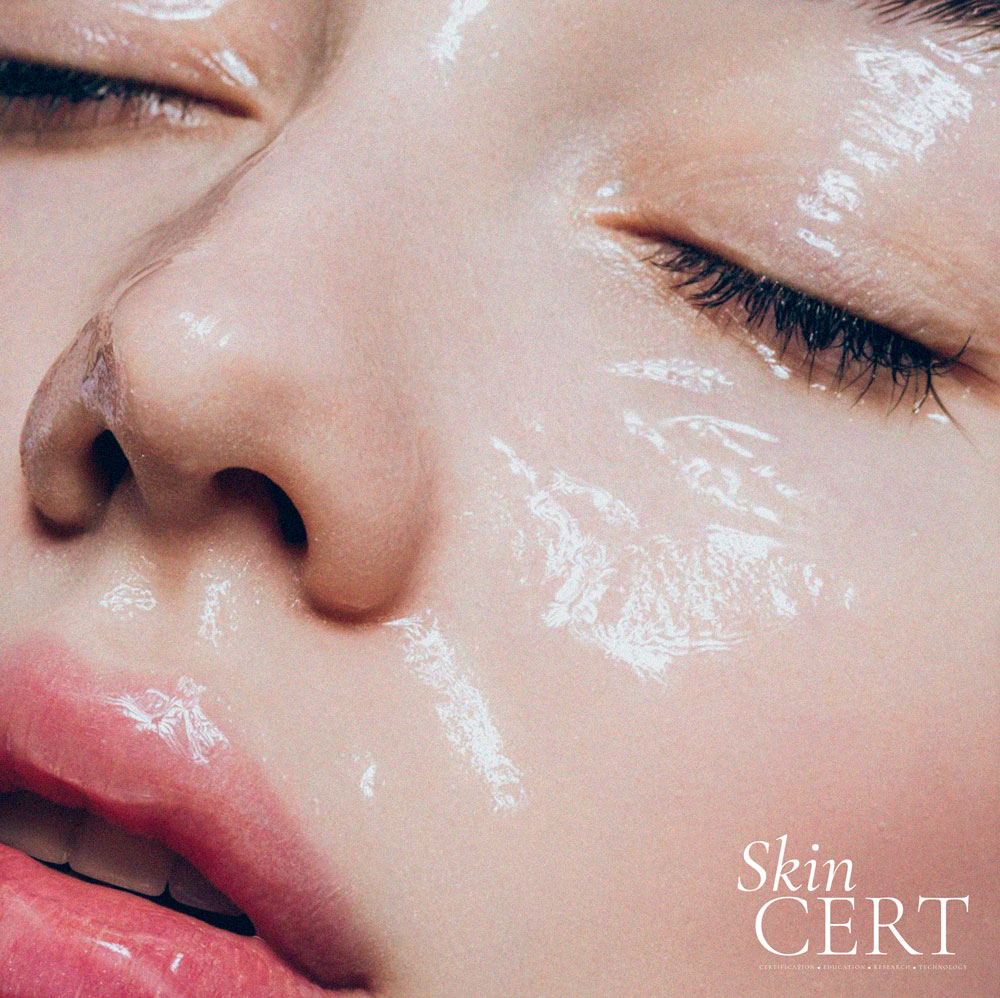 When your make-up is slipping off throughout the day, these simple skincare changes will help
When your make-up is slipping off throughout the day, these simple skincare changes will helpIt makes sense when you think about it
By Grace Lindsay
-
 If you're after no-make-up make-up, these skincare-infused serum foundations are worth knowing about
If you're after no-make-up make-up, these skincare-infused serum foundations are worth knowing aboutAnd they're perfect for foundation-haters
By Shannon Lawlor
-
 Simplify your skincare routine in 4 easy steps – for three different skin types
Simplify your skincare routine in 4 easy steps – for three different skin typesIn partnership with Superdrug
By Cat Hufton
-
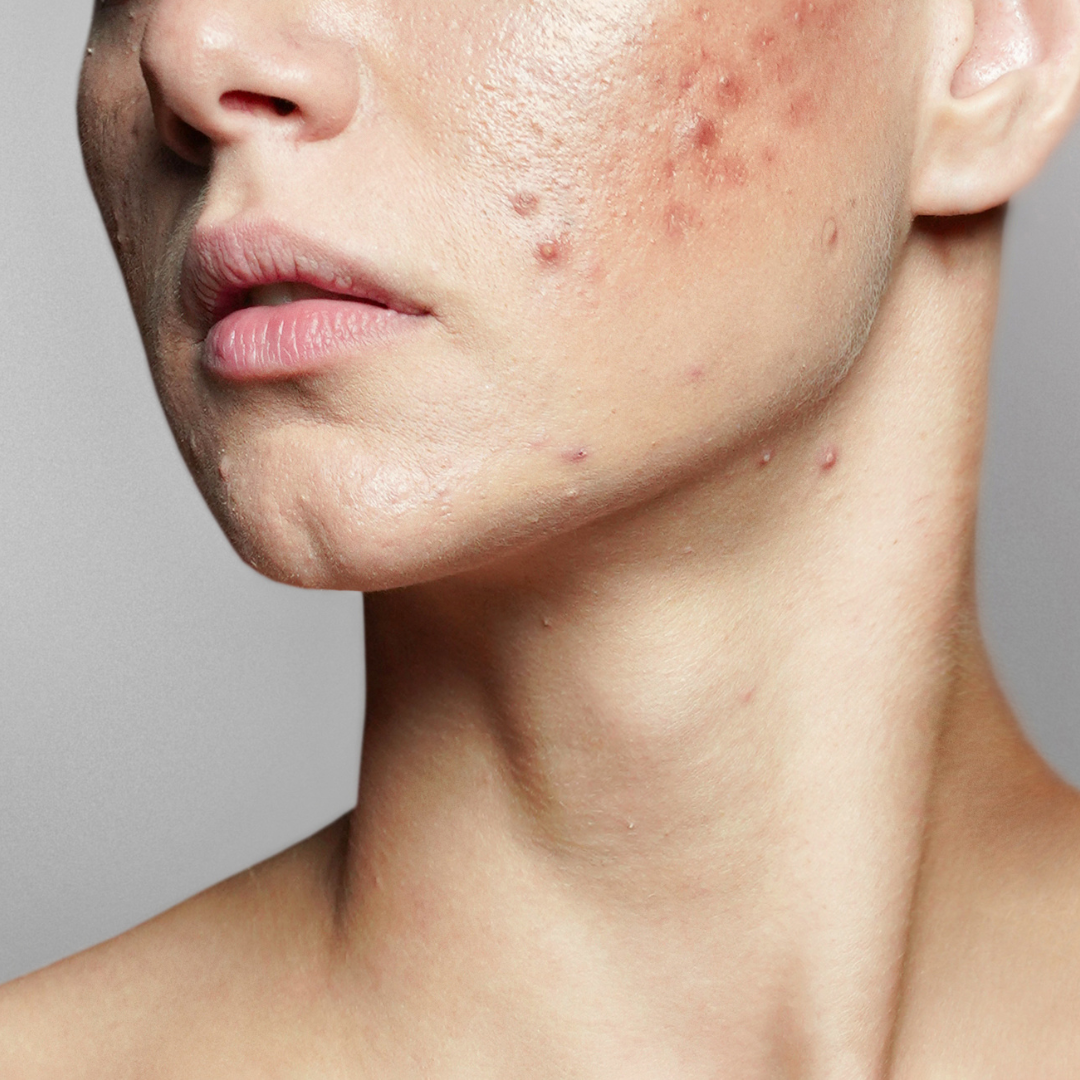 I didn’t think a retinoid would help my acne – here’s why I was wrong
I didn’t think a retinoid would help my acne – here’s why I was wrongTwo months later, I’ve learned a lot
By Alice Barraclough
-
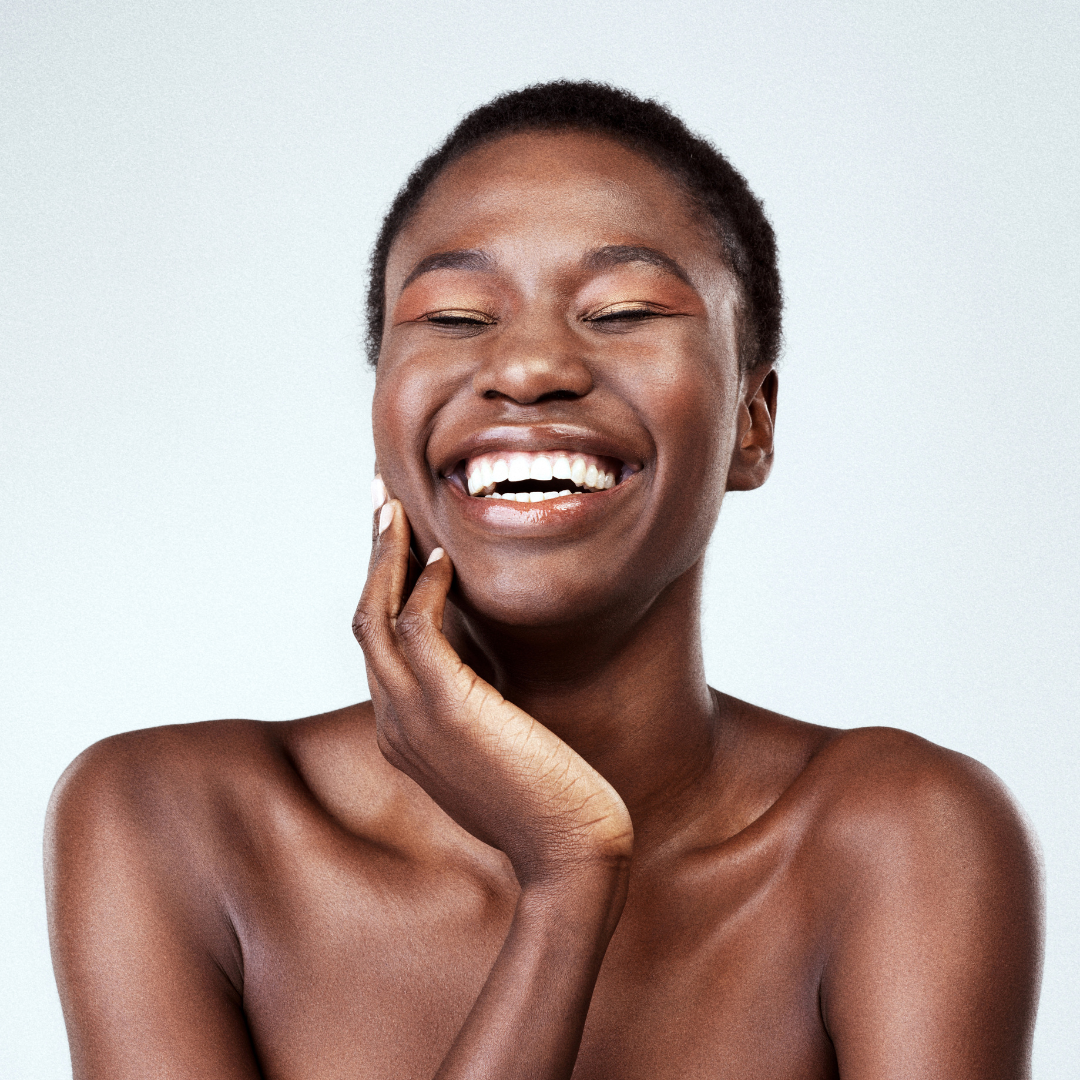 Consider this your 101 guide to the different types of acids for your skin
Consider this your 101 guide to the different types of acids for your skinThink you know your skincare acids?
By Alice Barraclough
-
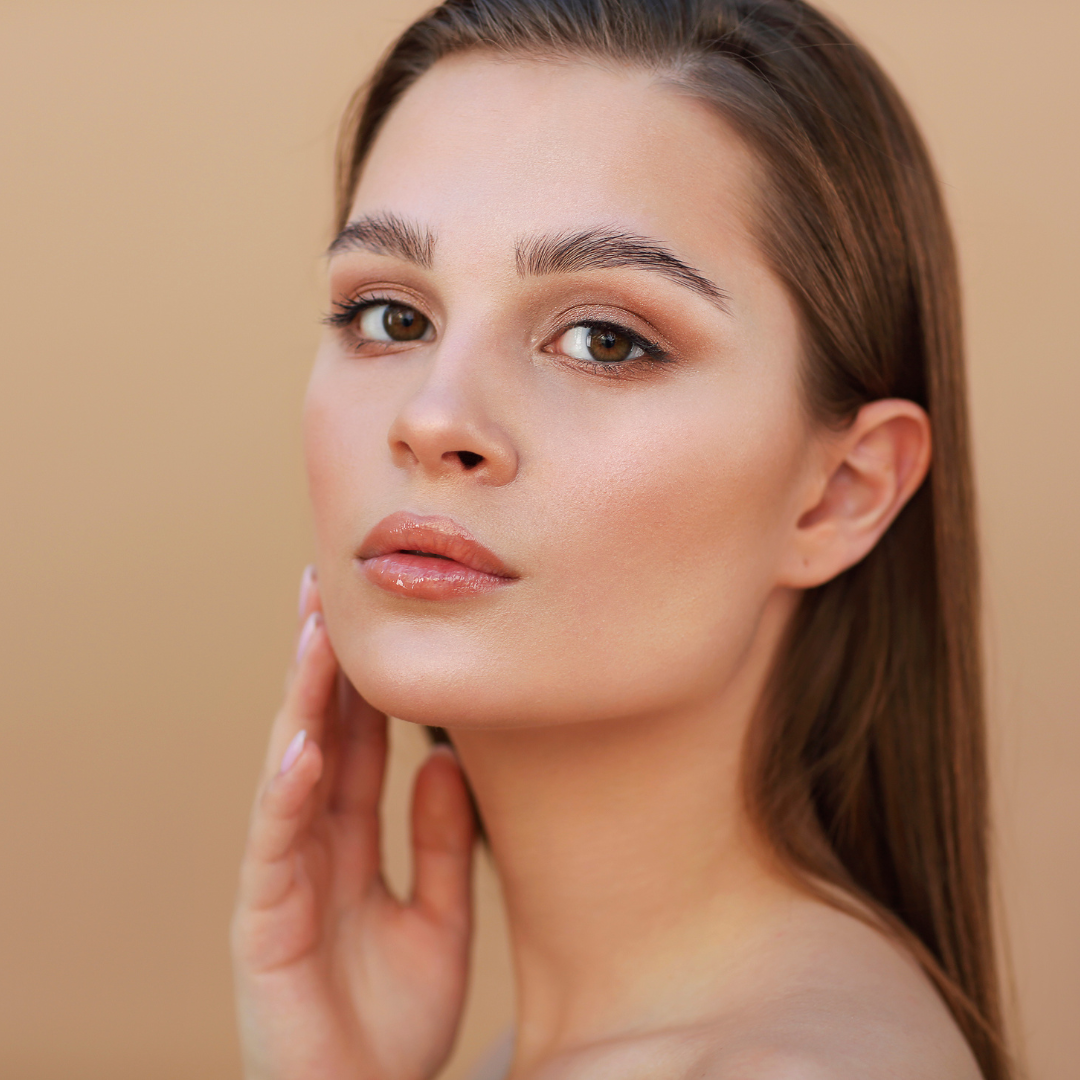 Hyaluronic acid is the super hydrator your dull skin might be craving—here's what you should know
Hyaluronic acid is the super hydrator your dull skin might be craving—here's what you should knowIt's a go-to for glowing skin
By Alice Barraclough